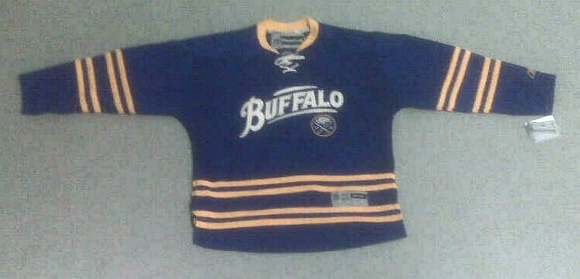The San Francisco Giants took a huge step in solidifying their 2013 team by signing center field free agent Angel Pagan to a four year $40 million deal. Pagan was a team leader and an effective lead-off hitter in the Giants' drive to win the 2012 World Series.
No doubt General Manager Brian Sabean paid for at least one more year than he wanted to with Pagan, who will be 32 this July. San Francisco had other options to fill the center field/lead-off spot but former Atlanta Brave Michael Bourn and ex-Dodger/Philly Shane Victorino will certainly cost more for the same number of years.
And while San Francisco has the budget to fully compete with the MLB's top 2%, they have yet to sign second baseman Marco Scutaro (or someone else), left field is a problem looking for a solution, and a number of relief pitchers are scheduled for serious salary upgrades. So the Giants may have money to spend but they're about to spent a lot of it before Spring Training opens.
Michael Bourn is a high end lead-off hitter with excellent range and an outfield glove considered among the best in the game; he should command a significant contract from some team in the next few months.
Bourn's 2012 .348 OBP beat Pagan (.338) and his 42-3 SB record is flashier than Pagan's 29-7 record. But Angel Pagan put up a .777 OPS that was considerably better than Bourn's (.739). And Pagan had a whopping 61 extra base hits– more than St. Louis slugger Carlos Beltran (59) or Colorado's Carlos Gonzalez (58).
The deciding factor here may well be the fact that Pagan's game is a known commodity to the Giants front office and that played big into the decision to bring him back. The new life he found in San Francisco after leaving the New York Mets is real and he demonstrated he brings the Giants the one thing they need more than anything else going into 2013: run production up and down the line-up.
Giants management has demonstrated they finally understand that the old model of signing one or two big name run producers (e.g., Barry Bonds/Jeff Kent) then filling in the rest of the line-up with previously talented veterans is a dead end. This is a big market team with big revenues and the ability to bring together an offense that produces runs 1-8 in the batting order.
To even think about making the post season an annual October destination, this franchise needs an offense that is capable of, 1) scoring an average of 4.5 runs per game; and, 2) winning games even when the starting or bullpen pitching fails.
In 2012 San Francisco came in at #12 of 30 MLB teams, scoring 718 runs which was good for 4.43 runs per game. Right in front of the Giants at #11 were the Detriot Tigers with 726 runs (4.48 per game). The Washington Nationals were #10 overall with 731 runs scored (4.51 per game). These are all teams likely to make the post season for at least the next several years.
Understand that the biggest downside San Francisco experienced by wasting 10-12 years trying to build one team after another around Barry Bonds was not simply a series of costly and very bad contracts with unproductive veteran players. The Giants paid a bigger price by gutting their minor league system whose overall lack of productivity still haunts San Francisco into the 2013 season. Player drafting and development was sacrificed for years to sustain the Bonds model.
Brian Sabean finally began to turn it around with a commitment to signing high end pitching prospects, and over the past several years paid belated attention to drafting promising position players. But San Francisco's minor league system and its player prospects are still rated in the bottom third of Major League Baseball by Baseball America and a number of other respected sites.
The good news is that there is currently no better MLB organization in the game. The four components an MLB franchise needs to be successful on the field and finacially are solidly in place in San Francisco: 1) a forward-looking organization that also understands its history; 2) a smart front office and world class field management; 3) significant revenue streams; and, 4) a (soon to be) deep and productive minor league system.
Which brings us back to Angel Pagan. Pagan gets the multi-year contract he's earned and the Giants make a reasonable $40 million investment to fill both their lead-off spot and center field, which will look more and more like a great bargain over the next two years.
If the Giants sign another center fielder, or bring sweet-hitting minor league propsect Gary Brown up in 2014, Pagan can effortlessly slide over to left field.
Now where's that number for Marco Scutaro's agent…
Add The Sports Daily to your Google News Feed!
